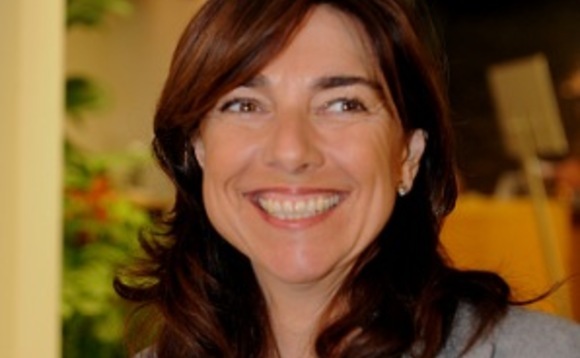
Interview: AIFI's Anna Gervasoni

Anna Gervasoni has been the general manager of AIFI – the Italian Private Equity and Venture Capital Association – since 1986. She talks to Susannah Birkwood about challenges past, opportunities to come and the “tragic” state of the Italian IPO market.
What features have characterised the Italian market over the last couple of years?
Italian buyouts were heavily affected by the crisis. Limited debt availability and interest rate increases reduced their ability to rely on leverage. One of the consequences has been the growing number of mid-cap buyouts, many of which have been prompted by the efforts of family-owned companies to maintain their headquarters in Italy. Correspondingly, we have noticed a decrease in large-cap deals.
Although still relatively immature compared to other European countries, the Italian early-stage category has constantly grown, even during 2009 and 2010, when much of the market ground to a halt. In the last five years, the number of early-stage deals increased by 71%, rising from 62 in 2006 to 106 in 2010, and the total amount invested has also grown significantly, as approximately €100m has been invested every year since 2008, compared to just €30m in 2005. The number of expansion deals has also increased significantly, with SMEs attracting the bulk of the funding. In 2010, for example, 85% of investments were in companies with less than 250 employees.
What is the state of Italy's exit market?
Italy's IPO market is a tragedy. We are working with the Italian banking association and the Italian stock exchange, however, to try and promote a new era of flotations. My view is that given that we're part of the London Stock Exchange [the LSE bought Milan's Borsa Italiana in 2007], we should be able to share the platform more, which would create more liquidity here in Italy. I don't think we should concentrate too much on building another share exchange system, such as AIM Italia, as we already have the Milan Stock Exchange. Until the 1980s, there were 10 different stock exchanges, but now that there's just the one, the system is much more efficient.
The problem is that IPOs are so expensive, and most SMEs can't afford to do them. Because of this, AIFI is upping its involvement in advising AIM Italia and MAC as well as working with the Italian Banking Association (ABI) to develop measures to make it an easier for investors to exit minority shareholdings.
Other divestment activity showed positive signs in 2010, however, with trade sales representing the majority of exits. Nevertheless, many players are more concentrated on portfolio management given the difficult market conditions, and several have shown a renewed interest in creating real value add instead of purely financial gain.
What is likely to drive activity and what are the main obstacles for the coming year?
The principle drivers of activity will be mid-market expansion deals and investments in high tech segments, while several substantial deals will be realised in areas such as infrastructure, biotech, utilities and the environment. Turnaround investments will also play an important role, given the growing number of companies undergoing operational or financial challenges.
As well as exits, fundraising, particularly from foreign LPs, is one of the main hurdles on the horizon. International investors have proved themselves to be less interested in Italy than they were in the past because of the lack of stability and credibility of both our political system and the politicians themselves. We are trying to improve this by preparing books and marketing information to send out about local players. The private equity system here is nowhere near being one of the highest ranking in the world though, so we're trying very hard. We need equity, which the government has helped with through the provision of the Fondo Italiano d'Investimento – a great opportunity for private equity firms as it can function as a fund-of-funds. It's not enough, however.
Latest News
Stonehage Fleming raises USD 130m for largest fund to date, eyes 2024 programme
Sponsor acquired the public software group in July 2017 via the same-year vintage Partners Group Global Value 2017
Stonehage Fleming raises USD 130m for largest fund to date, eyes 2024 programme
Czech Republic-headquartered family office is targeting DACH and CEE region deals
Stonehage Fleming raises USD 130m for largest fund to date, eyes 2024 programme
Ex-Rocket Internet leader Bettina Curtze joins Swiss VC firm as partner and CFO
Stonehage Fleming raises USD 130m for largest fund to date, eyes 2024 programme
Estonia-registered VC could bolster LP base with fresh capital from funds-of-funds or pension funds








